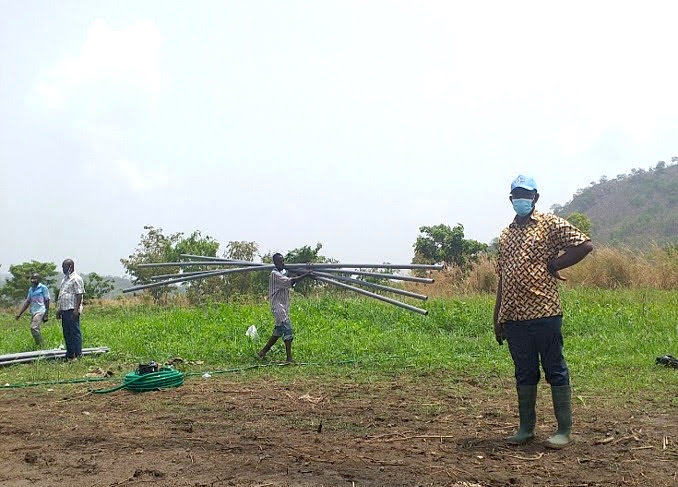Restricting virtual attendance excludes the voices we most need to hear.
The 26th U.N. Climate Change Conference (COP26) is a critical opportunity for the world to come together to make real progress toward mitigating climate change. While it has been called the “last best hope for the world to get its act together,” the voices of individuals from low and middle income countries most vulnerable to climate change will be missing from the conference.
The COP Presidency has stated that its priority is “ensuring an in-person and inclusive summit, because we believe that is essential to success at COP26 and delivering for our planet.” This focus on an in-person gathering, and the purposeful exclusion of virtual opportunities to engage, is misguided and does not align with the need for global participation at all levels to mitigate the impacts of climate change.
Not only does the exclusion of so many challenge the transparency of the negotiations, it is likely to hinder the creation of inclusive solutions. One of the goals of the conference is to “urgently adapt to protect communities and natural habitats.” The people who will be on the frontlines of adaptation are the same people that have had trouble accessing the in-person conference and influencing negotiations. We call on all civil society organizations present at the conference to keep the perspective of people living areas most impacted by climate change at the forefront of the conversation during COP26.
Shift the Voice
“There are communities in which the effects of climate change on everyday life aren’t theoretical — they are realities. These are the people who need to be at the table. We need to learn from their experiences and the ways they are already adapting. They need to be the ones influencing the design of any proposed solution, because no solution is sustainable unless it’s compatible with their daily lives and challenges.” – Tim Prewitt, President and CEO of The Hunger Project
Over the past year and a half, we have seen how online conference spaces allow new, underrepresented voices to participate in global fora. International negotiations are stronger because of this new way of working. COP26 stands in stark contrast to the inclusive nature of the UN Food Systems Summit held in September. Through virtual and in-person Summit Dialogues, over 100,000 people from around the world representing diverse backgrounds and sectors were able to participate and share their perspectives on the challenges of today’s food system and potential solutions.
Global challenges like climate change will only be solved with the commitment and action of people from around the world. We call on the COP Presidency to leverage online platforms that have been strengthened over the course of the pandemic to bring more people into the conversation and operationalize the commitments pledged during the conference. Until we are able to bring the people most impacted by climate change into the conversation, we will not be able to create inclusive solutions that can be embraced by all.
Pictured: An irrigation project in Ghana to grow climate-resilient crops (2021).

